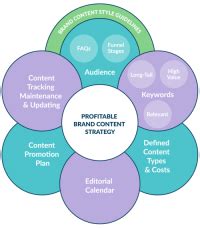In 2024, staying ahead in marketing requires more than just traditional strategies; it demands cutting-edge CRM tools and automation techniques. Customer Relationship Management (CRM) systems have become vital in streamlining marketing processes, from personalizing interactions to nurturing leads effectively. This article explores the top CRM trends and tools for 2024, highlighting their integration with email and workflow automation. We’ll delve into what makes a CRM tool indispensable, the importance of personalization, and how to leverage these systems to boost efficiency and drive growth. Stay ahead of the curve and enhance your marketing automation strategy with our expert insights.
Explore this topic with sizecredit.com in great detail.
1. Why CRM is Essential for Marketing Automation
Customer Relationship Management (CRM) is pivotal for effective marketing automation because it centralizes and organizes customer data, enabling businesses to craft more targeted and personalized marketing campaigns. By integrating CRM systems, companies can streamline their marketing efforts, ensuring that every interaction with a customer is relevant and timely. CRM tools collect and analyze data from various touchpoints, providing insights into customer behavior and preferences. This data-driven approach allows for more precise segmentation and tailored messaging, enhancing the overall customer experience.
Moreover, CRM systems facilitate seamless integration with email automation, allowing for automated, yet personalized, communication. This not only saves time but also ensures that messages are sent at optimal times, increasing engagement and conversion rates. By automating repetitive tasks and maintaining a comprehensive view of customer interactions, CRM tools help marketers focus on strategic activities that drive growth. In essence, CRM is the backbone of a modern marketing automation strategy, enabling businesses to deliver personalized, timely, and effective communication that resonates with their audience and boosts overall performance.
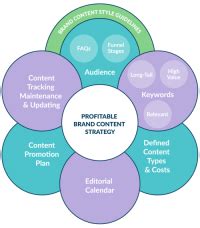
2. How CRM Integrates with Email Automation
CRM systems integrate seamlessly with email automation to enhance marketing effectiveness by streamlining communication processes and personalizing outreach. This integration allows marketers to utilize customer data from the CRM to create targeted email campaigns based on specific customer segments and behaviors. By leveraging CRM insights, businesses can send personalized messages that address individual preferences, purchase history, and engagement patterns, which significantly increases the likelihood of interaction and conversion.
Automated email workflows can be set up to trigger messages based on customer actions or milestones, such as abandoned cart reminders or follow-up emails after a purchase. This ensures timely and relevant communication without the need for manual intervention. Additionally, CRM systems can track the performance of these automated emails, providing valuable metrics on open rates, click-through rates, and conversions. This data allows marketers to continuously refine and optimize their email strategies for better results.
The integration also enables a unified view of customer interactions across different channels, ensuring consistency and coherence in messaging. By combining CRM and email automation, businesses can deliver a more personalized, efficient, and effective marketing experience that drives engagement and fosters stronger customer relationships.
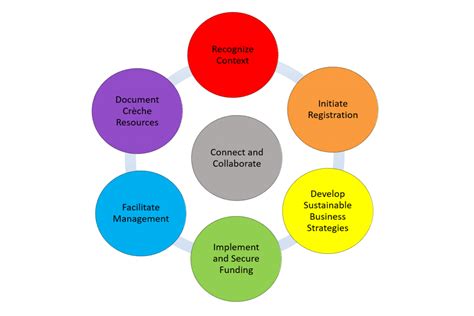
3. What to Look for in a CRM Tool
When selecting a CRM tool, prioritize features that enhance both functionality and usability. Look for a system with robust data integration capabilities to ensure seamless connectivity with other marketing tools, such as email automation platforms. Advanced analytics and reporting features are crucial for tracking customer interactions and campaign performance, providing actionable insights for decision-making.
User-friendly interfaces and customization options are important for tailoring the CRM to your specific needs and workflows. Ensure the tool offers automation capabilities to streamline repetitive tasks and improve efficiency. Scalability is also essential, as your CRM should grow with your business and adapt to evolving marketing strategies.
Additionally, consider the level of customer support and training provided, as these can impact the successful implementation and use of the CRM. By focusing on these key features, you can select a CRM tool that supports effective marketing automation and drives overall business success.
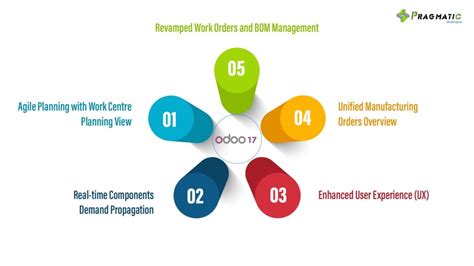
4. Why Personalization is Crucial in CRM
Personalization is a cornerstone of effective CRM because it transforms generic interactions into meaningful, tailored experiences that resonate with individual customers. In the realm of marketing automation, personalization allows businesses to leverage detailed customer data to craft messages and offers that align with each recipient’s preferences, behaviors, and past interactions. This targeted approach not only enhances customer engagement but also builds stronger relationships by making customers feel valued and understood.
CRM systems collect and analyze extensive customer data, including purchase history, browsing behavior, and communication preferences. By utilizing this data, businesses can segment their audience more precisely and deliver personalized content, such as customized email campaigns, product recommendations, and special offers. This level of personalization increases the relevance of marketing efforts, leading to higher open rates, click-through rates, and conversions.
Moreover, personalized interactions help in nurturing leads by addressing their specific needs and pain points, thus accelerating the customer journey and improving overall satisfaction. In essence, personalization within CRM enhances marketing effectiveness and fosters loyalty by making each customer’s experience unique and relevant.
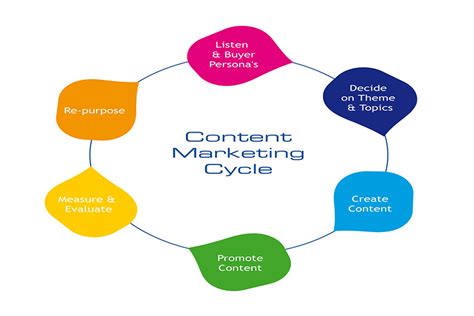
5. How CRM Enhances Lead Nurturing
CRM systems play a pivotal role in enhancing lead nurturing by providing a comprehensive view of each lead’s journey and interactions with your business. By centralizing and analyzing data on leads, CRM tools enable marketers to track and understand their behavior, preferences, and engagement levels. This insight allows for more targeted and personalized communication throughout the lead nurturing process.
With CRM, businesses can segment leads based on various criteria, such as interests, industry, or stage in the sales funnel. This segmentation facilitates the creation of tailored content and automated follow-up sequences that address specific needs and pain points, guiding leads through their decision-making journey. For instance, automated email campaigns can be set up to deliver relevant information, offers, or reminders based on a lead’s actions, such as downloading a white paper or attending a webinar.
Furthermore, CRM systems provide detailed analytics and reporting on lead interactions, enabling marketers to measure the effectiveness of their nurturing efforts and adjust strategies as needed. By leveraging CRM for lead nurturing, businesses can build stronger relationships, improve lead conversion rates, and ultimately drive more sales and revenue.
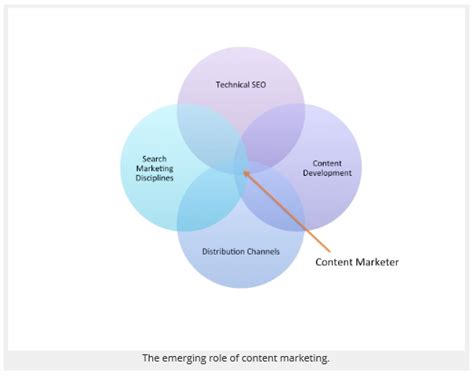
6. What are the Latest CRM Trends for 2024
As we move into 2024, several key trends are shaping the CRM landscape, driving innovation and enhancing marketing strategies. One major trend is the increased focus on AI and machine learning. These technologies are being integrated into CRM systems to provide advanced predictive analytics, automate routine tasks, and deliver deeper insights into customer behavior. AI-driven chatbots are also becoming more sophisticated, offering real-time, personalized interactions and improving customer service efficiency.
Another notable trend is the emphasis on omnichannel CRM solutions. Businesses are adopting systems that seamlessly integrate data across multiple touchpoints, including social media, email, and mobile platforms. This approach ensures a unified view of customer interactions, allowing for more consistent and personalized communication.
Additionally, CRM systems are incorporating more robust automation features, enabling businesses to set up complex workflows and automate various aspects of customer engagement. This includes automated lead scoring, personalized content delivery, and dynamic campaign adjustments based on real-time data.
Enhanced data privacy and security measures are also
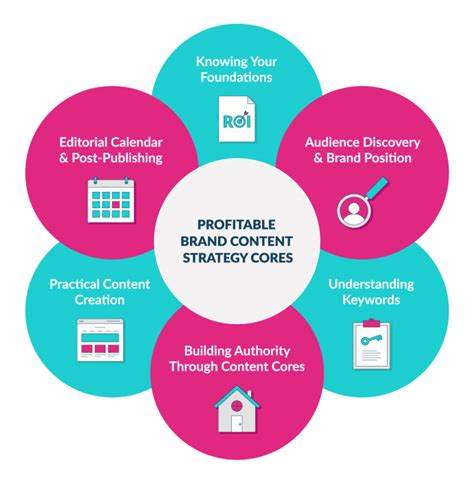
7. Why Workflow Automation Improves Efficiency
Workflow automation enhances efficiency by streamlining repetitive tasks and ensuring that processes are executed consistently and accurately. By automating routine activities such as data entry, follow-up emails, and task assignments, businesses can reduce the time and effort required for manual operations. This not only speeds up workflows but also minimizes the risk of human error, ensuring that tasks are completed with precision.
In the context of CRM, workflow automation allows for the seamless execution of complex processes without manual intervention. For example, automated lead nurturing sequences can be triggered based on specific actions, such as form submissions or purchase history, delivering timely and relevant communications to prospects. This ensures that leads receive consistent follow-ups and personalized content, improving engagement and conversion rates.
Furthermore, workflow automation provides real-time visibility into process performance through detailed analytics and reporting. This visibility helps identify bottlenecks and areas for improvement, enabling businesses to optimize their workflows continually. By improving efficiency through automation, businesses can allocate resources more effectively, focus on strategic activities, and ultimately
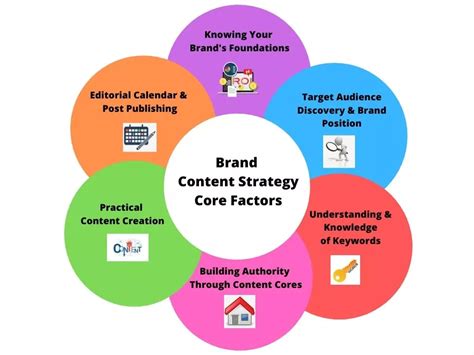
8. How to Implement CRM Strategies for Growth
Implementing CRM strategies for growth involves several key steps to ensure that your CRM system effectively supports your business objectives and drives sustained success. Start by defining clear goals for your CRM implementation, such as improving customer engagement, increasing sales, or enhancing marketing efficiency. Align these goals with your overall business strategy to ensure that your CRM efforts contribute to long-term growth.
Next, choose a CRM system that meets your specific needs, considering factors such as integration capabilities, scalability, and user-friendliness. Customize the CRM to fit your workflows and business processes, ensuring that it supports your unique requirements and enhances operational efficiency.
Develop a comprehensive data management strategy to ensure that customer data is accurately captured, maintained, and utilized. Implement data quality controls and establish protocols for data entry and updating to maintain the integrity of your CRM information.
Leverage CRM analytics to gain insights into customer behavior, campaign performance, and sales trends. Use this data to make informed decisions, refine your strategies, and identify new growth opportunities.
Train your team thoroughly on how to use the CRM system effectively and encourage adoption across the organization. Regularly review and optimize your CRM strategies based on performance metrics and feedback to continually enhance your marketing efforts and drive business growth.
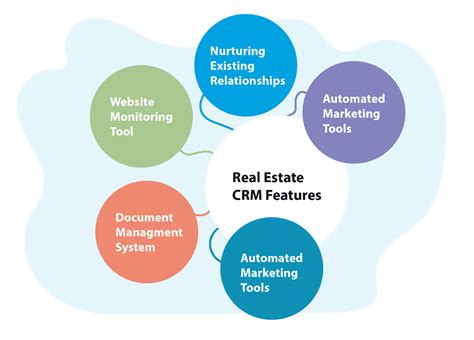
9. What Metrics to Track for CRM Success
Tracking the right metrics is crucial for assessing CRM success and optimizing your marketing strategies. Start with customer engagement metrics, such as email open rates, click-through rates, and response rates, to evaluate how effectively your communications resonate with your audience. These metrics help gauge the relevance and impact of your campaigns.
Next, focus on conversion metrics, including lead-to-customer conversion rates and sales cycle length. These indicators reveal how well your CRM supports lead nurturing and sales processes, highlighting areas for improvement in turning prospects into loyal customers.
Customer retention metrics are also vital, such as churn rate and customer lifetime value (CLV). Monitoring these metrics provides insights into customer satisfaction and the effectiveness of your retention strategies, helping you identify and address any issues affecting long-term relationships.
Additionally, track CRM adoption and usage metrics, such as user login frequency and feature utilization. These metrics ensure that your team is effectively using the CRM system and can highlight areas where additional training or support may be needed.
Finally, assess the ROI of your CRM investments by comparing the cost of the CRM system and related resources with the revenue generated and cost savings achieved. By monitoring these key metrics, you can measure CRM success, optimiz
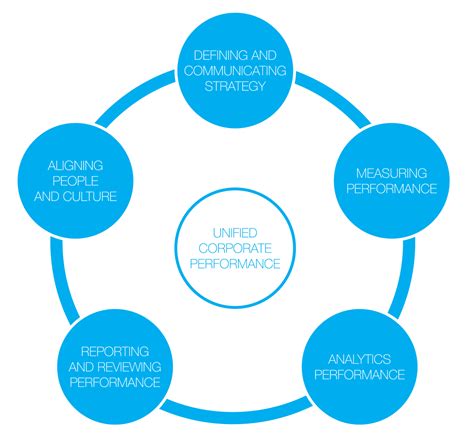
10. Why Choosing the Right CRM Tool Matters
Choosing the right CRM tool is critical because it directly impacts your ability to manage customer relationships effectively and drive marketing success. A well-suited CRM tool aligns with your business needs, offering features that support your specific processes, from data integration to automation and reporting. The right CRM enhances efficiency by streamlining workflows and reducing manual tasks, leading to better resource utilization and improved productivity.
Additionally, a CRM that fits your requirements ensures that you can fully leverage customer data to personalize interactions, nurture leads, and optimize marketing strategies. It also supports scalability, allowing you to adapt as your business grows and evolves. Investing in a CRM that integrates seamlessly with other tools and provides robust support and training maximizes your return on investment and fosters long-term success. In essence, selecting the right CRM tool is crucial for achieving your marketing objectives and driving sustained business growth.
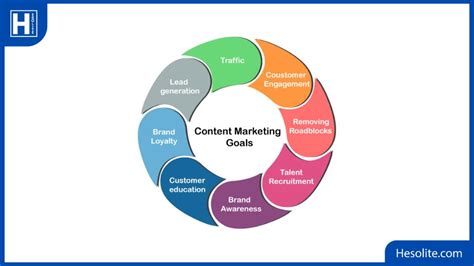
In conclusion, leveraging CRM tools effectively is essential for optimizing marketing automation and driving business growth. By integrating CRM with email and workflow automation, businesses can enhance personalization, streamline processes, and improve lead nurturing. Staying updated with the latest CRM trends, tracking relevant metrics, and choosing the right CRM tool are key to achieving sustained success. Implementing these strategies ensures a more efficient, data-driven approach to customer engagement and marketing, ultimately leading to increased efficiency, better customer relationships, and accelerated growth. Embrace CRM advancements to stay competitive and enhance your marketing performance.
sizecredit.com
